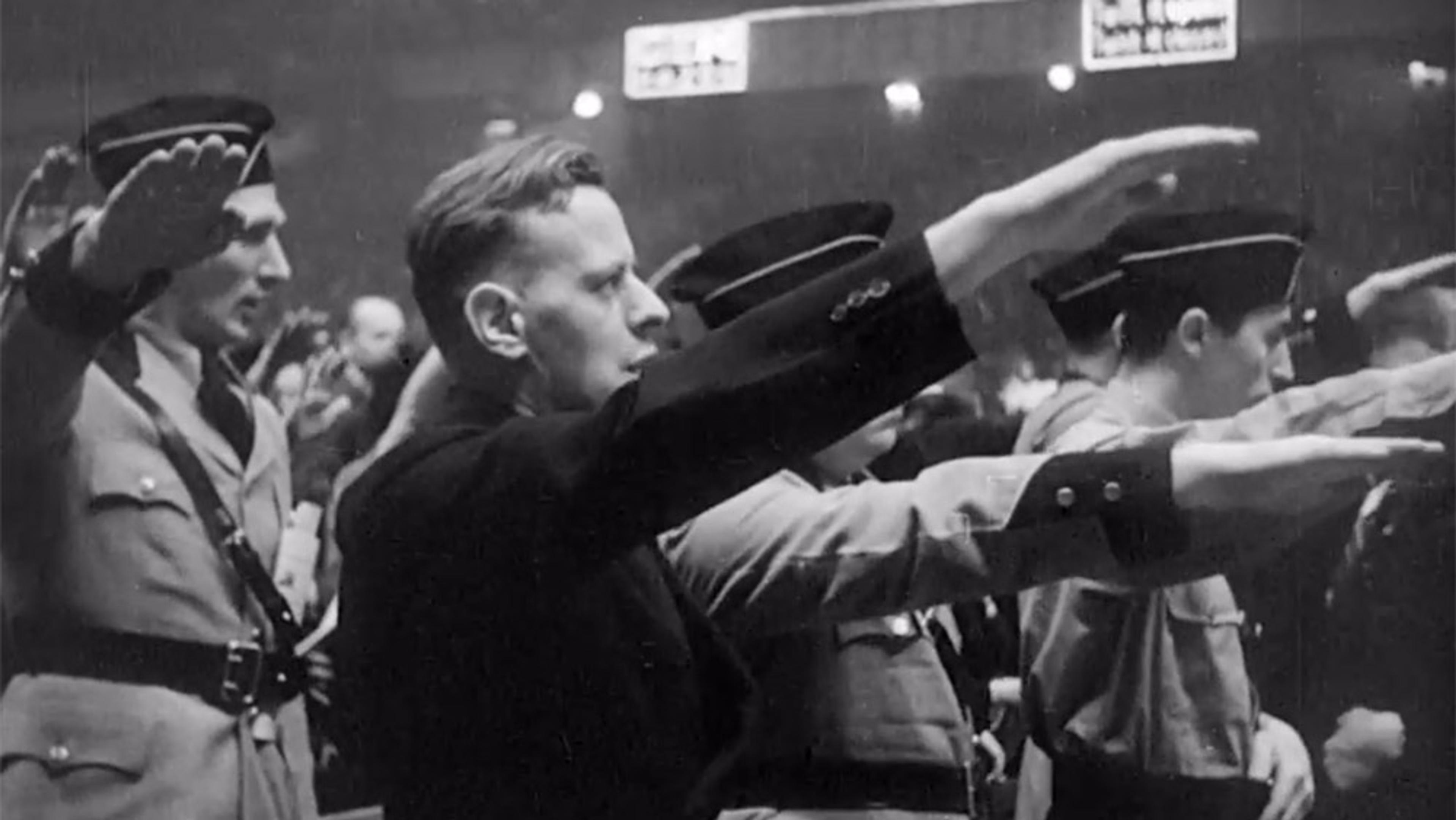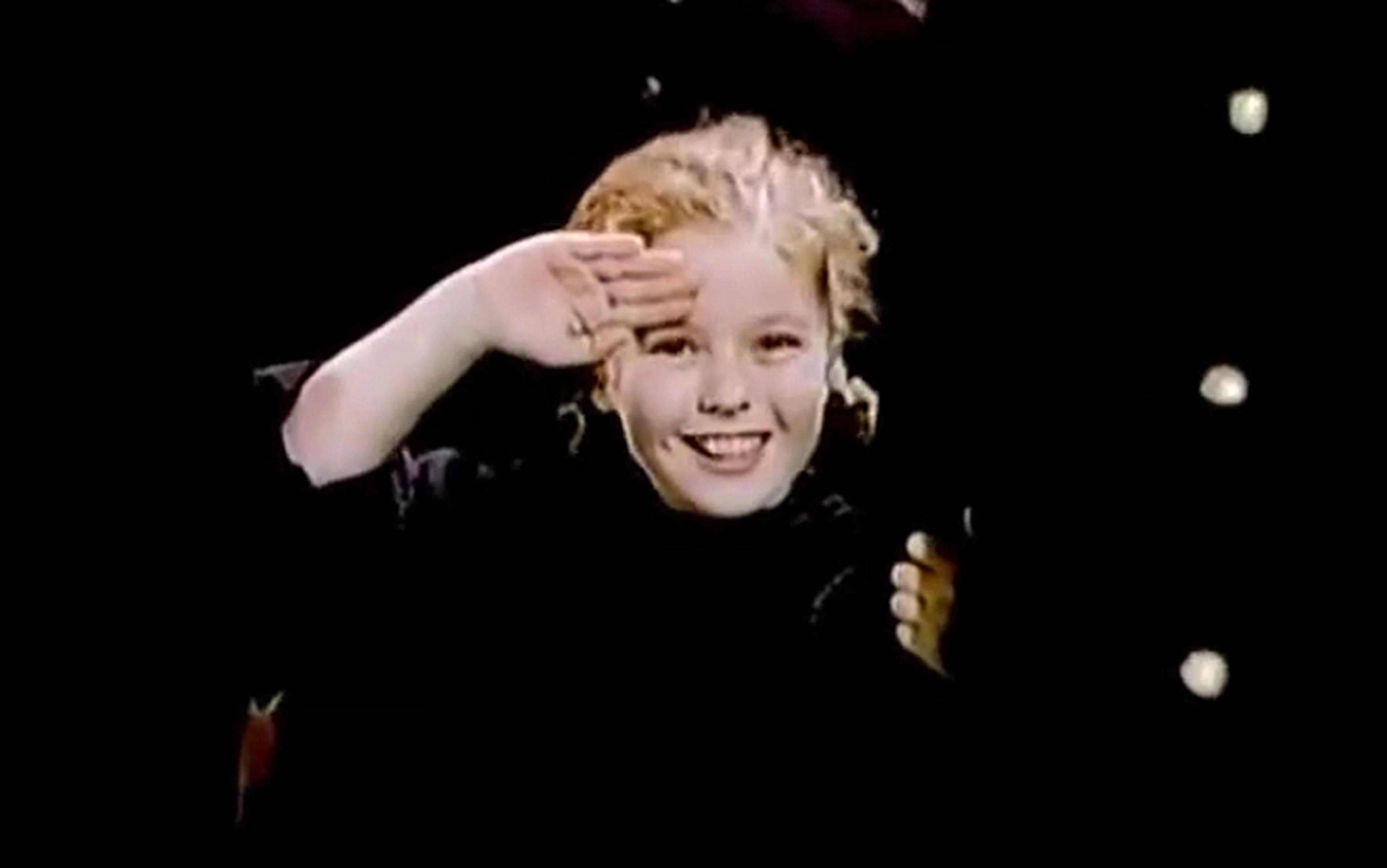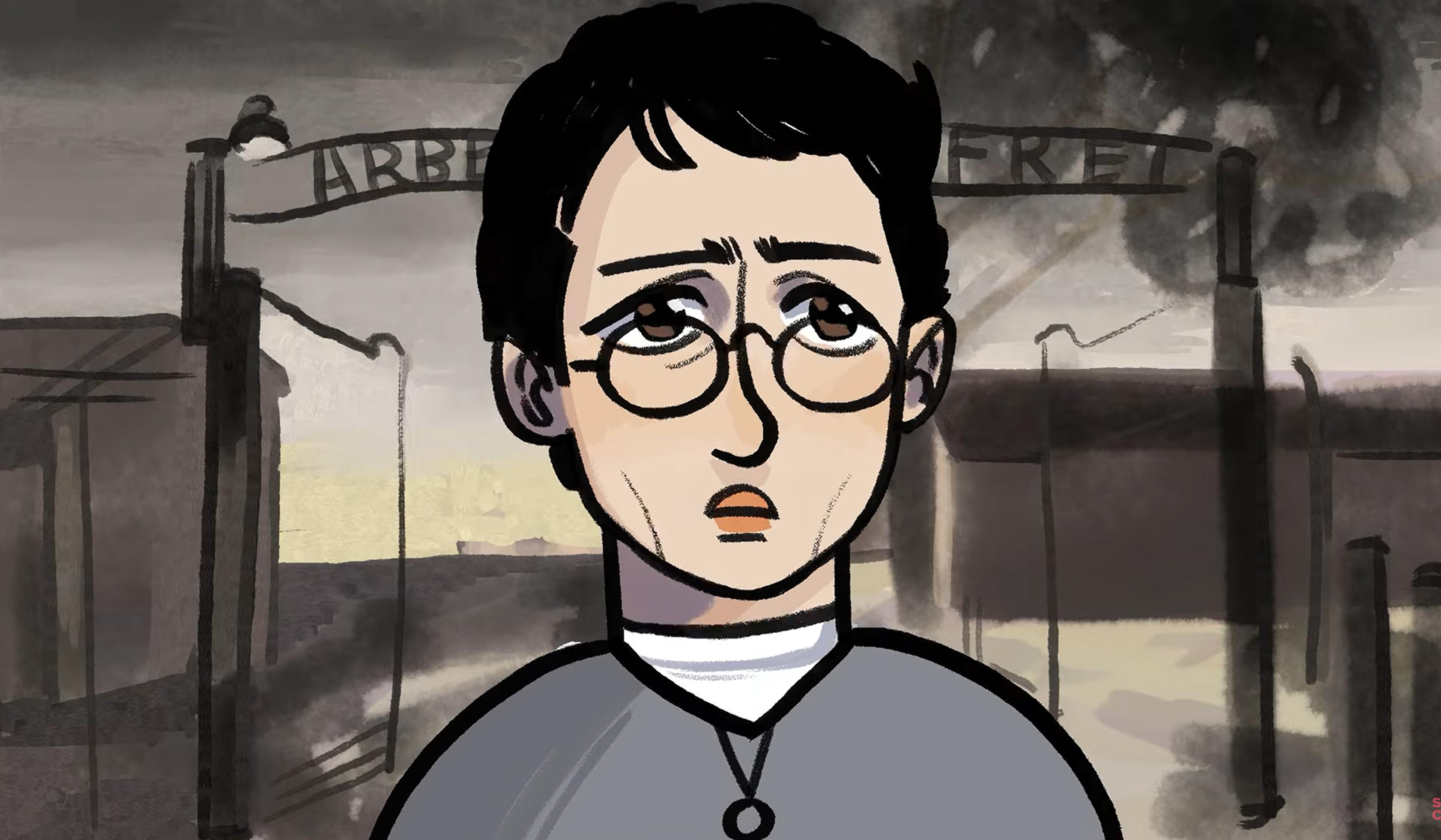Historians estimate that between 1.1 and 1.5 million men, women and children were murdered at Auschwitz, the largest and most notorious of the Nazi concentration and extermination camps of the Second World War. In 1947, the Polish government established the Auschwitz-Birkenau Memorial and Museum, which has since been visited by about 1.72 million people from around the world. In After, a stark and haunting look at the daily activities of Auschwitz today, the Polish director Lukasz Konopa deftly captures a setting where the horrors of the past and the activities of the present exist side by side.
A day in the life of Auschwitz today is a mix of history, tourism and prayer
Director: Lukasz Konopa

videoHistory
How The New York Times and the American public managed to ignore the Holocaust
18 minutes

videoBiography and memoir
On the train to Auschwitz, a young woman is faced with a life-shattering choice
14 minutes

videoHuman rights and justice
A spy thriller for an era in which the Holocaust risks being forgotten
15 minutes

videoHistory
What would American fascism look like? A 1939 New York rally offered more than a hint
7 minutes

videoThinkers and theories
‘What’s essential is, I must understand’: a rare candid interview with Hannah Arendt
72 minutes

videoWar and peace
What was it like to go to the movies in January 1940?
5 minutes

videoMental health
A haunting exploration of a Holocaust survival story that offers no redemption
8 minutes

videoWellbeing
Children of the Rwandan genocide face a unique stigma 30 years later
20 minutes

videoFamily life
Against her father’s warnings, Debra resolves to learn about his time in Auschwitz
4 minutes